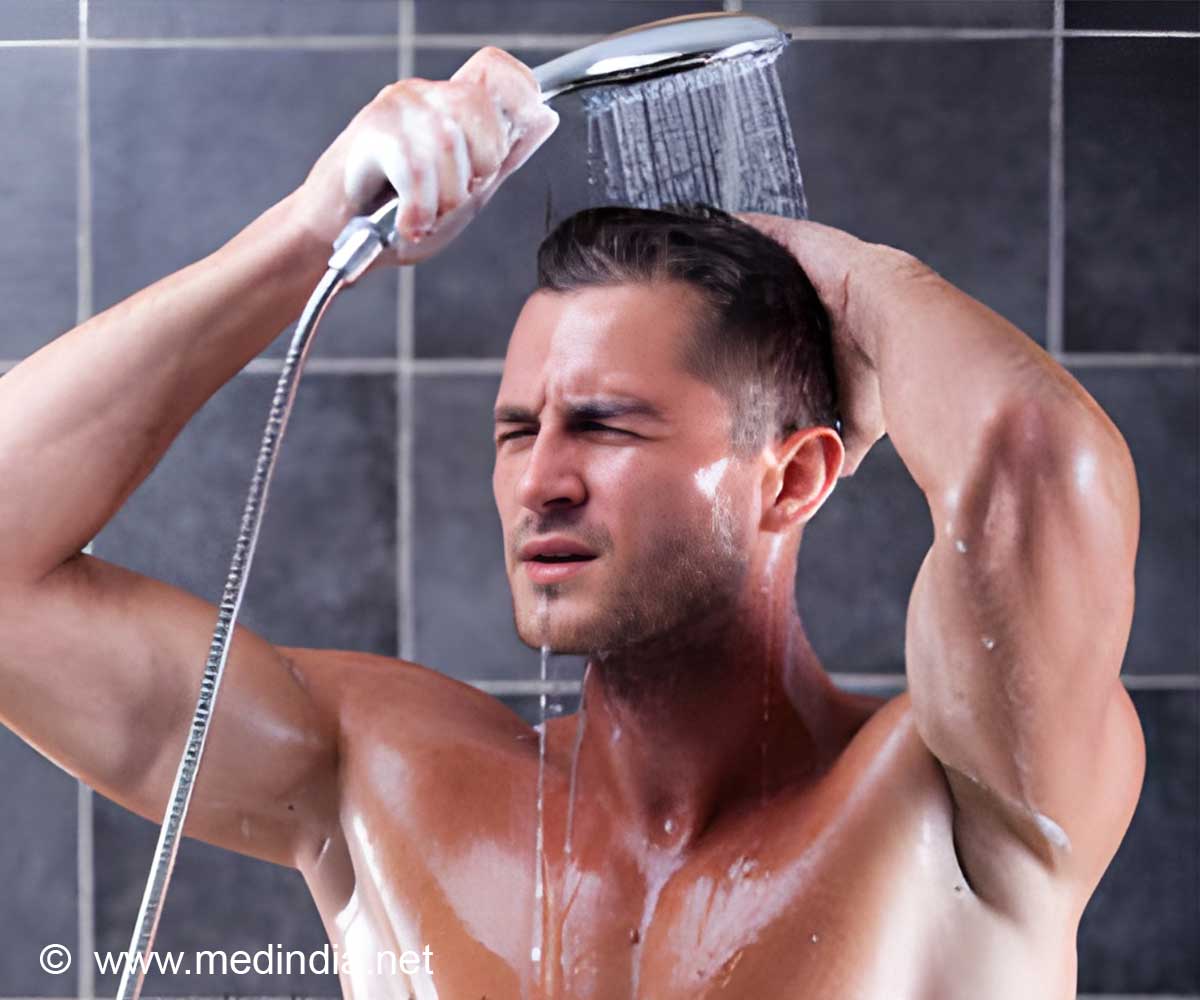A research indicates that exposing yourself to short bursts of hormetic stress can help you when things get tough by an ice-cold shower, cold sauna, or even a HIIT class.

Quick bursts of exposure to cold, heat, or intense physical activity could actually help your body cope with stress better, .
According to researchers at the University of California, San Francisco, cold showers, hot saunas — or the HIIT (high-intensity interval training) class — are just a few examples of helping the body to cope up with stress better, how harmonic pressure can be stimulated to create a sense of overall well-being and can help in aiding recovery.
This study was inspired by the Wim Hof Method, which involves breathwork and cold therapy. Dr. Elissa Epel, director of the ageing, metabolism and emotion centre at the University of California, has undertaken extensive research in this field.
Wall Street Journal interviewed her and she said that practices such as taking an ice-cold shower can “create short-term spikes of biological stress followed by recovery, ease and deep restoration that is otherwise hard to get.”
She also said, “These short periods of stress shock our systems at the cellular and molecular level, challenging our bodies to adapt to tough conditions and restore equilibrium.”
Advertisement
According to science, the physiological response to such shocks is one of survival, which basically derails your body to a responsive, restorative state, which helps to "sharpen" your cells. However, recent research suggests that the maximum time to engage in such activities should not exceed 15 minutes.
But “brief intermittent, low dose stressors can lead to positive biological responses, improving resistance to damage,” writes Dr. Epel.
Harvard Geneticist Dr. David Sinclair says that it’s important not to overdo it, however. “All of these things that we’re talking about — exercise, fasting, cold therapy, a sauna — it’s best to mix it up,” he tells Inside Hook.
“You don’t want to be constantly exercising, constantly hungry, or constantly at one temperature or another. You want to shock the body. Putting a few days of recovery in between makes a lot of sense.”
There is research that Hof’s techniques can help people control their emotions, reduce stress, help with depression and reduce harmful inflammation in the body, Insider’s Hilary Brueck reports.
Cold exposure, such as cryotherapy, has been shown to activate the body’s nervous system and stimulate the release of noradrenaline into the brain, helping to control body stress.
For those who want to increase the hormetic stress and pressure, Hof recommends starting the ice-cold shower every day for 15 seconds and working as hard as you can.
Source-Medindia











